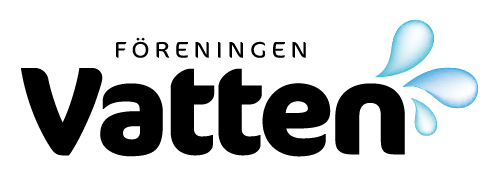Individuell mätning av vatten – om hushållens respons och praktikerns överväganden / Individual metering and volumetric billing of water – about household response and practictioner’s considerations
We analysed household water consumption and -expense in a multi-residential area with and without individual metering and volumetric billing using statistical and qualitative methods. On aggregate, households consumed less hot and cold water with individual metering and volumetric billing than before, but in general there were no sweeping routine changes. High-consuming households decreased consumption the most, while it, on aggregate, remained unchanged in half of the households. Water expenses were lower with metering and billing in most of the households. In the quartile with highest water consumption, the average water expense was SEK 500 per month (USD 65) corresponding to almost 5 % of the household total income. Decreased water cost and possible increased water revenues from the tenants and better ability to detect system failures were the housing company’s most important economic revenues. Apart from technical components, metering and billing requires a significant amount of staff and trust in the one introducing it. We argue that the effects of metering and billing can be assessed in beforehand based on demographic and income data, recent water consumption and through selection of fixed share in the water rate.
